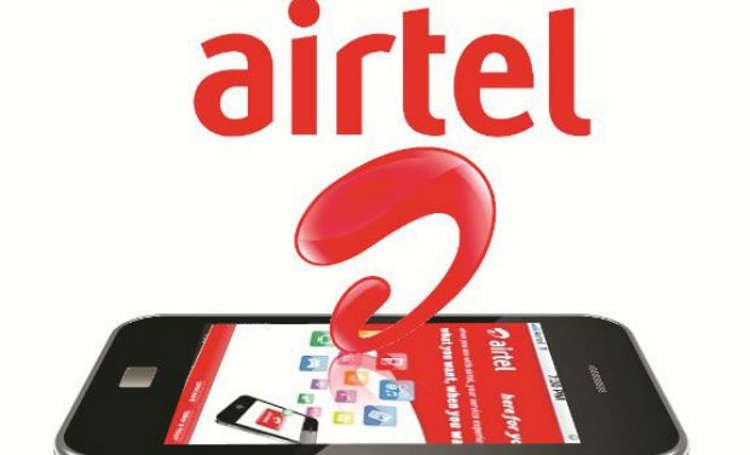Cyber Security Levy Exemption in Nigeria: Who to Pay?

Cyber Security Levy Exemption – Banks in Nigeria will start charging a 0.5 per cent cybersecurity levy on electronic transfers in two weeks, based on a new Central Bank of Nigeria directive.
This announcement was made in a circular signed by Chibuzor Efobi, the director of payments system management, and Haruna Mustafa, the director of financial policy and regulation. It was directed to all commercial, merchant, non-interest, and payment service banks, mobile money operators, and other financial institutions.
The directive is a follow-up on an earlier letter dated June 25, 2018 (Ref: BPS/DIR/GEN/CIR/05/008) and October 5, 2018 (Ref: BSD/DIR/GEN/LAB/11/023), respectively, on compliance with the Cybercrimes (Prohibition, Prevention, Etc.) Act 2015.
The cybersecurity levy will be deducted and collected following the enactment of the 2024 Cybercrime (prohibition, prevention, etc.) Amendment Act of 2024. This levy will be applied to electronic transfers and remitted by financial institutions.
Cyber Security Levy Exemption
However, to avoid multiple applications of the levy on the same transaction/transfer, the following transactions are exempt:
Loan disbursements and repayments
Salary payments
Intra-account transfers within the same bank or between different banks for the same customer
Intra-bank transfers between customers of the same bank
Other Financial Institutions instructions to their correspondent banks
Interbank placements
Banks’ transfers to CBN and vice-versa,
Inter-branch transfers within a bank
Cheque clearing and settlements
Letters of Credits
Banks’ recapitalisation-related funding – only bulk funds movement from collection accounts
Savings and deposits, including transactions involving long-term investments such as Treasury Bills, Bonds, and Commercial Papers
Government Social Welfare Programmes transactions e.g. Pension payments
Non-profit and charitable transactions, including donations to registered non-profit organizations or charities
Educational institutions’ transactions, including tuition payments and other transactions involving schools, universities, or other educational institutions
Transactions involving the bank’s internal accounts, such as suspense accounts, clearing accounts, profit and loss accounts, inter-branch accounts, reserve accounts, nostro and vostro accounts, and escrow accounts.
The CBN noted that failure to remit the levy will attract a fine of at least two per cent of the defaulting business’s annual turnover, among other penalties.


